#Leaf
Ask The Best And Brightest: Will Low Gas Prices Blow The Volt Launch?
Weather Or Not: Nissan's Leaf Range Influenced By Barometric Pressure
While GM has problems trying to get the Volt price point to a point where customers won’t suffer a coronary (even with help from the DC sugar daddies), Nissan has a few problems of their own. Nissan is still reeling from the news that a Nissan Leaf would save you the princely sum of $361. Now, Automotive News [sub] reports another black eye on Nissan’s “Prius Killer”. Automotive News says that Nissan’s “100 miles range” may be slightly off in real world conditions. How far off?
Nissan's Leaf Sold Out Already
Remember that the Google seismometer registered tectonic movements at Nissan’s future plug-in, the Leaf? In Japan, it rocks. Nissan planned to make 6,000 of them in the Fiscal year ending on March 31, 2011. On April 1, they started taking pre-orders. Yesterday, Nissan had received advance orders for 6,000 units, says The Nikkei [sub]. Sales target met, long before the car will go on sale in December.
Leaf Jolting Volt In EV Popularity Contest Part Deux: The IPhone Boogaloo
Wait, Steve Jobs is signing up for an EV at the rollout of the new iPhone? Is the zen master of Silicon Valley a Volt guy or a Leaf lover?
Leaf Jolting Volt In EV Popularity Contest
Ford And Taxpayers Giving Away 4,600 EV Home Chargers, Nissan Not So Much
Worried about the high MSRPs on most of the electric vehicles scheduled for launch over the next year? Don’t forget to include the cost of buying and installing a home charging station. Nissan reckons the charger for its Leaf will cost about $2,200, including a home electrical inspection [er, that’s a medical marijuana grow…] and installation. Oh, and it won’t be Nissan coming into your home: Aerovironment, a firm otherwise best known for its Unmanned Aerial Vehicles, has the contract to supply and install the Leaf’s charger. Coulomb Technologies supplies the home charger for Ford’s first EV, the Transit Connect EV, and according to Automotive News [sub], they’re partnering with Ford to give chargers away to the first 2,000 buyers of the electric-drive delivery van. But, as usual with good news in the EV sector, the charger giveaway is actually being funded by tax dollars…
Nissan To Make Quick Bucks Out Of Leaf Quick Chargers?
Nissan won’t sell their much ballyhooed pure plug-in Leaf until December. But a successful launch wants to be well planned, and Nissan thinks of everything. They won’t sell you the Leaf just yet. But you can already buy the charger. If you bank account is properly charged.
Nissan Leaf: The Governments Giveth And The Governments Taketh Away
Nissan made quite a stir in EV-watcher circles by announcing that its UK-produced Leaf battery packs would cost under $400/kWh, but as we noted at the time, those numbers are being supported by various government incentives. Now, with a new government taking over number 10 Downing Street, Nissan’s UK Leaf production incentive might be on its way out. With the UK’s new Conservative-led government facing profound budget challenges (try a $240b deficit on for size), The Telegraph reports that a $30.5m grant approved by the outgoing government could fall victim to an overarching review of new expenditures by the incoming government. And that’s just the beginning…
Nissan Leaf Battery Packs Break The $400/kWh Barrier
AutoblogGreen‘s Sam Abuelsamid earns a tip of the blogger’s hat today for making sense of a fascinating nugget in a Times of London piece on the Nissan Leaf. The revelation by Nissan EV honcho Andy Palmer to the British paper that Leaf battery packs cost £6,000 (about $9k) to produce could have been missed, buried as it was near the bottom of the story. Not only did Abuelsamid catch it, he calculated that the Leaf’s 24 kWh lithium-ion battery costs break down to a staggeringly cheap $375 per kWh. How cheap is that, relatively speaking? Apparently cheap enough to send Li-ion startup A123 Systems’ stock to record lows according to the WSJ [sub]. More price-comparison context and some insight into how Nissan might have beaten those costs down after the jump.
Nissan Leaf "On Track" To Make Money In First Year On The Market
With over 8,000 pre-orders already logged, Reuters reports that Nissan is well on its way to selling out its capacity-constrained, 25,000-unit first-year production run of Leaf EVs. Better yet, Nissan’s North America director of product planning and strategy Mark Perry says that, with those sales volumes, the Leaf will actually turn a profit for Nissan. He tells Reuters:
We are making money at the price that we announced. We priced the car to be affordable. We priced it for mass adoption
What's Wrong With This Picture: 1991 Nissan Leaf Edition
You Won't Believe How Much The Nissan Leaf Will Save You
When the all-electric Nissan Leaf will be available in Japan in December, buyers will be faced with a tough decision: Should I buy a Nissan Leaf for $40,000, and deal with range anxiety, or should I go with the $26,000 gasoline equivalent?
To which Nissan will answer: “The Leaf, of course. It will save you huge amounts of money.” How much? Are you sitting down?
Nissan Leaf Priced At $32,780 Before Tax Breaks
Well, our questions have been answered, and the first US-market pure electric vehicle, the Nissan Leaf, will be sold well under its Japanese-market price of $38k-$44k, coming in at $32,780. After a $7,500 federal tax break that brings the price to $25,280, and a California and Georgia tax break of another $5,000 will bring it within spitting distance of $20k (a $1,500 credit is available in Oregon). Full Nissan release after the jump.
Infiniti Version Of Straight-To-Rental Nissan Leaf Planned
One of the biggest conundrums facing the folks tasked with marketing the forthcoming first generation of mainstream electric cars is branding. On the one hand, firms want their mainstream brands associated with the green halo of having an electric car in its portfolio. On the other hand, electric cars aren’t cheap. From a pure pricing perspective, it makes more sense to brand expensive EVs as luxury products. GM struggled with this problem when it developed its Converj version of the Volt, ultimately deciding that the common-sense arguments for branding the $40k Volt as a Cadillac weren’t as important as boosting Chevy’s profile with an EV offering. Nissan, meanwhile, has decided that it has room for both a Nissan-branded Leaf EV and an Infiniti-branded luxury version.
How Much Will The Nissan Leaf Cost Anyway?
Nissan has had a $25k target pricetag on its forthcoming Leaf EV for some time now, as it’s built hype towards the car’s commercial rollout later this year. That price will be crucial in taking on GM’s Volt EREV, which is said to retail somewhere in the $40k ballpark but offers a range-extending gas engine. Allcarselectric.com got a little more detail out of Nissan execs, and reported back in November that
According to Brian Carolin, Nissan’s marketing executive for North America, the cost of the upcoming Leaf will be equivalent to the monthly cost of a fully loaded Honda Civic, plus the cost of its monthly fuel bill. To simplify pricing Carolin broke it down as such, “That means the purchase price (about $28,000) or comparable monthly payment for a high-end Civic plus the cost of the gasoline it would need to cover 1,200 miles (at 30 MPG and $3/gallon, about $120.”





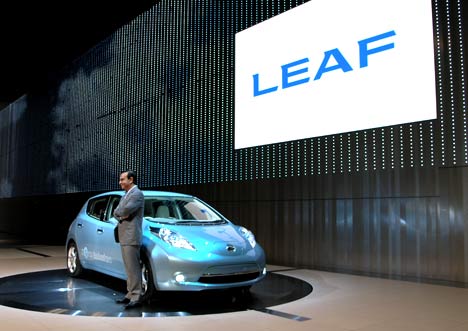
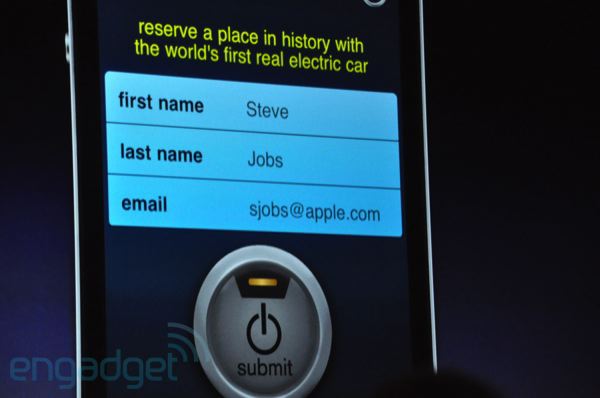
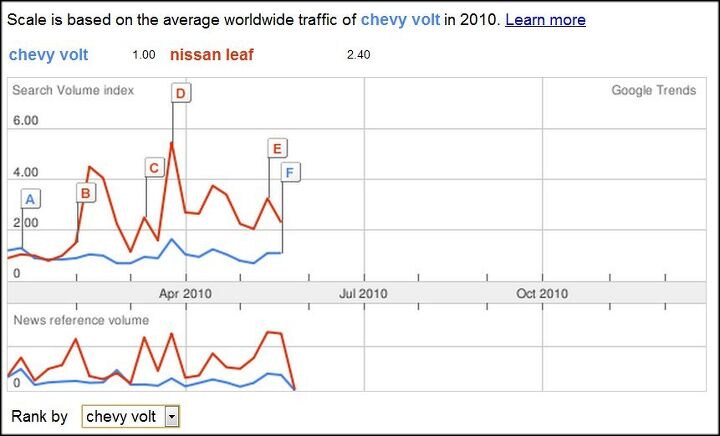
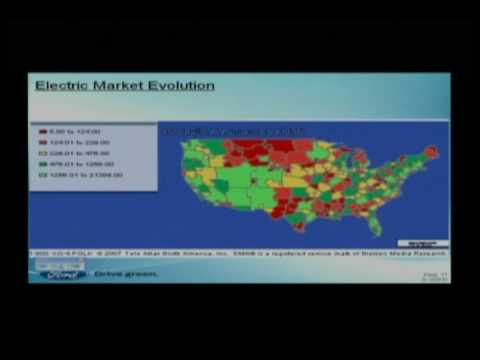

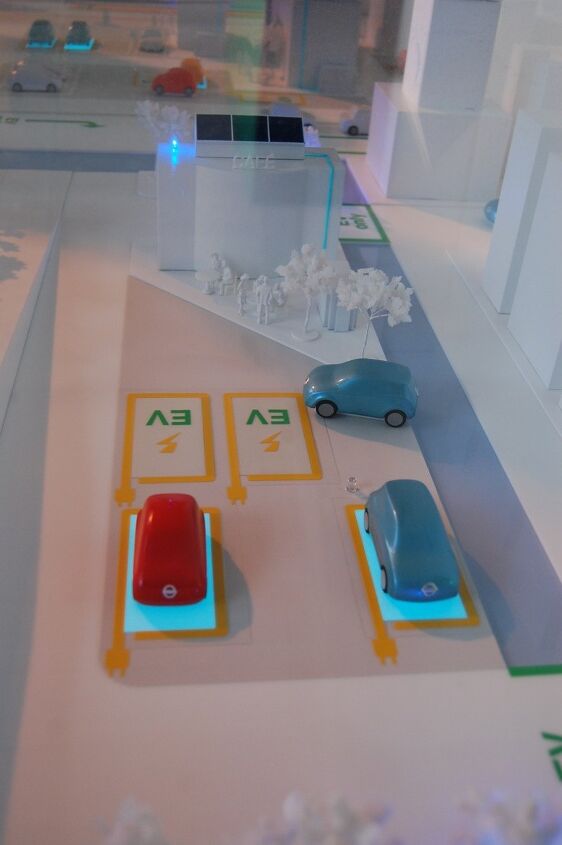
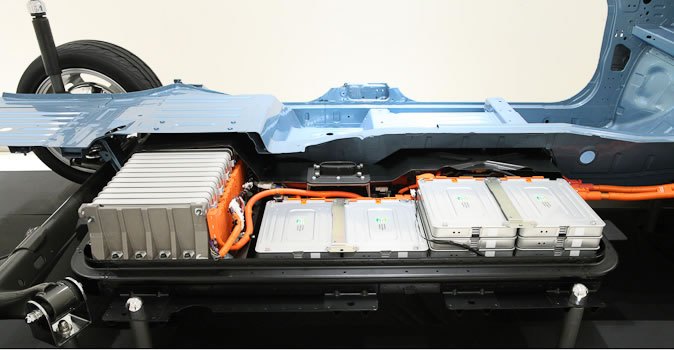
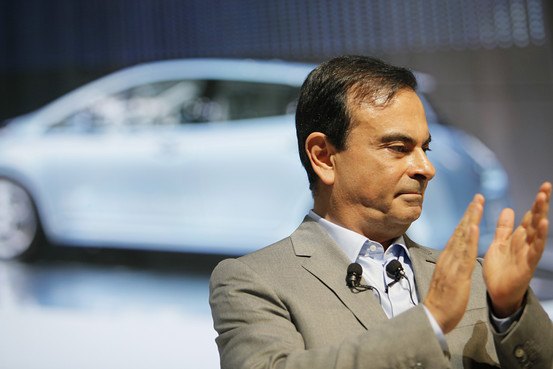
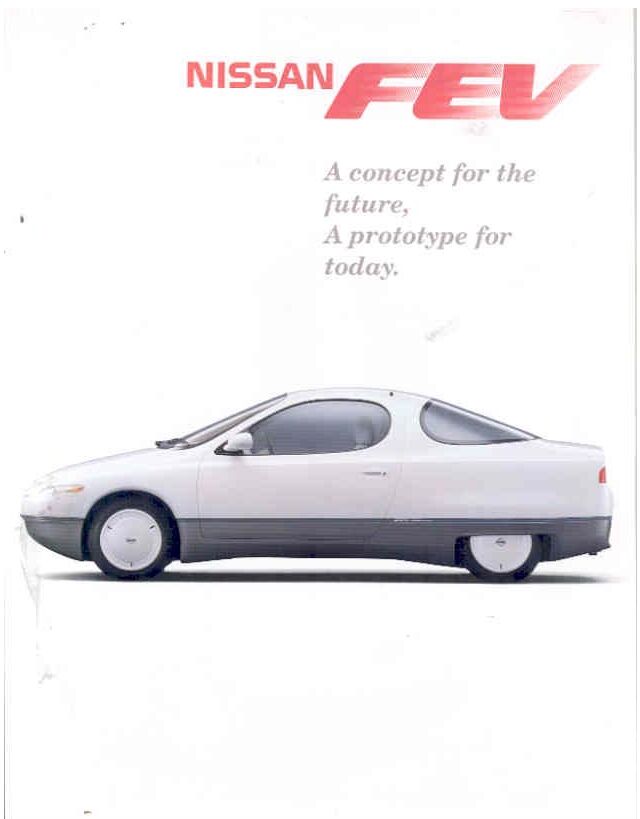
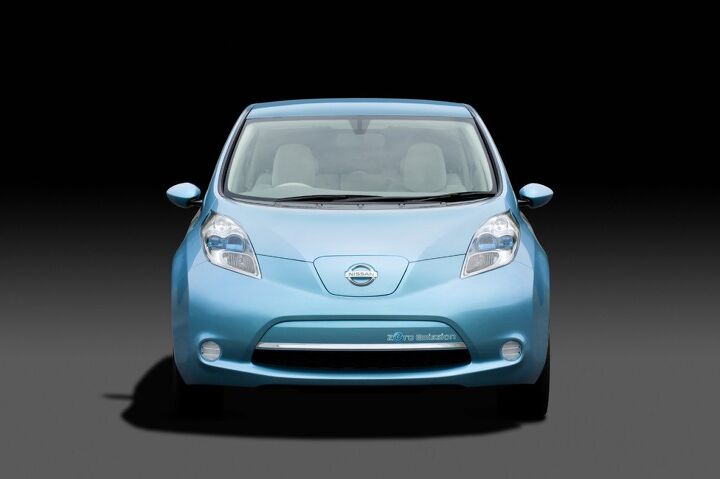
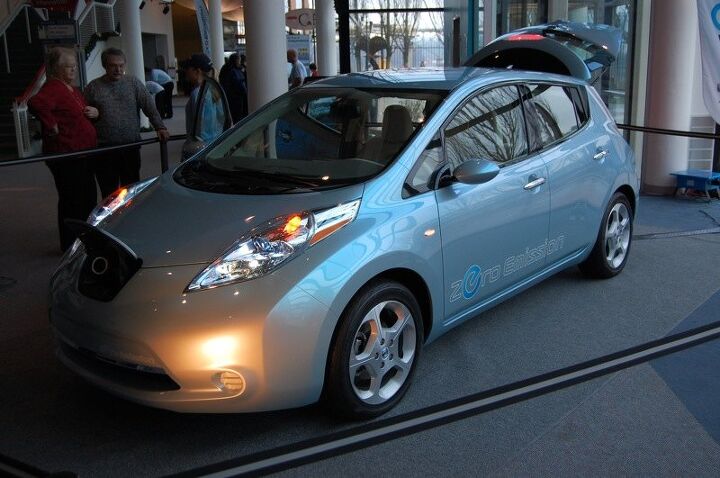
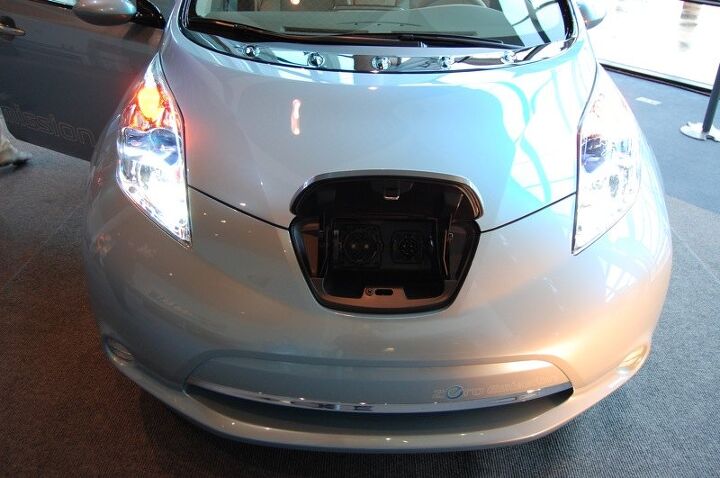
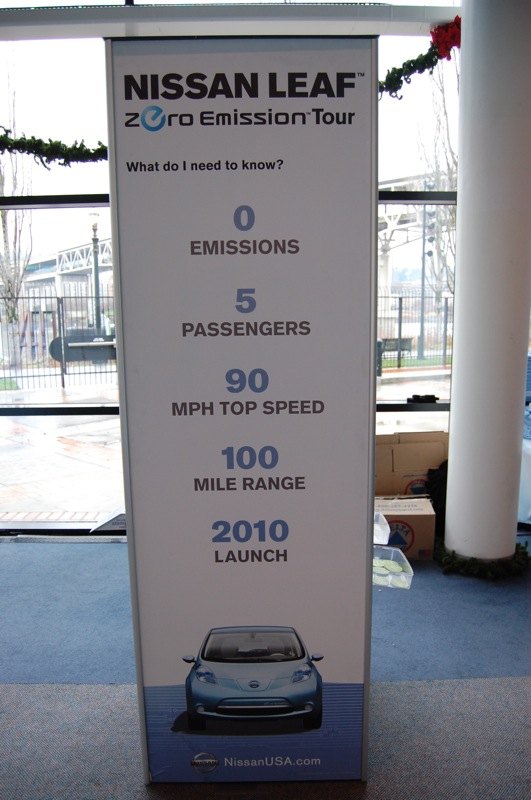












Recent Comments